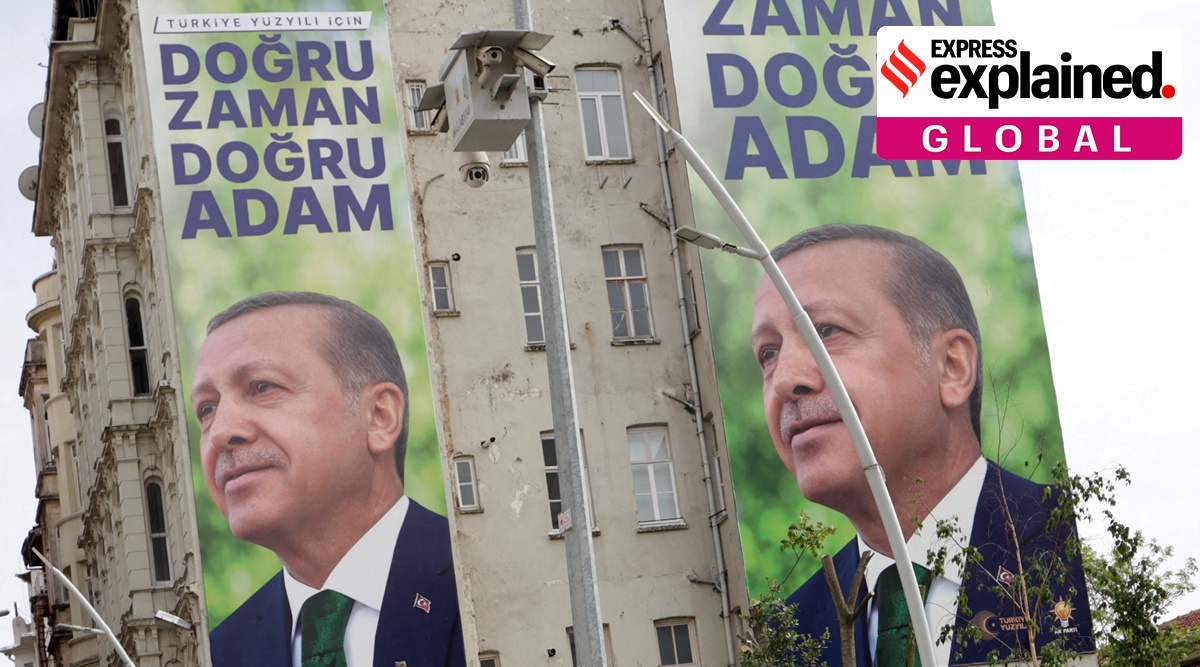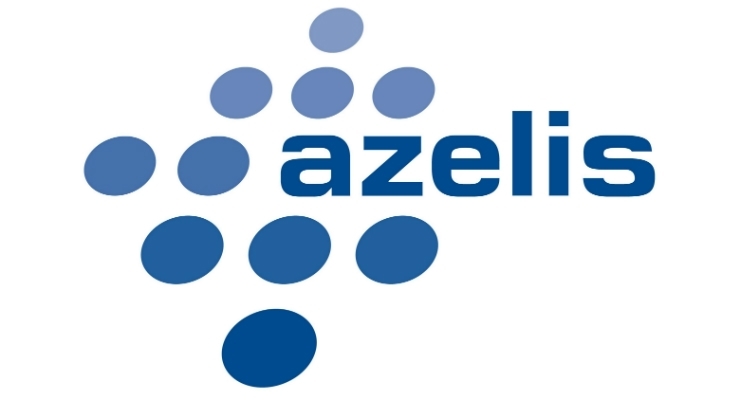Turkey elections show advantage Erdogan: Why the Kilicdaroglu camp fell short
Turkey’s voters cast their ballots on May 14 in what was being seen as one of the most crucial elections in the country’s modern history by some analysts. The most closely fought in decades, the elections resulted in a run-off between President Recep Tayyip Erdogan and his main rival Kemal Kilicdaroglu.
Turkey’s Supreme Election Council announced that Erdogan won 49.49 per cent of the vote, while Kilicdaroglu was on 44.79 percent.
With neither candidate securing the required 50% of the votes, there will be a second poll, or runoff, on May 28.
What’s happening in Turkey?
There is no question that the battle that occurs over the next two weeks will be hard-fought. However, analysts believe that after his win of over 49 per cent of the votes, Erdogan has an advantage going into the second round. The candidate who was placed third in the first round with five per cent of the votes, Sinan Ogan, has indicated that Kilicdaroglu will not get his support. While he has not openly backed Erdogan, should Ogan decide to support the President, it makes for a scenario where Kilicdaroglu is unlikely to win.
Apprehensions
There have been some concerns about whether the elections would be free and fair. Erdogan’s growing authoritarianism has been a cause for alarm, with his government accused of controlling state institutions, stifling independent media, and intimidating the political opposition. The narrow gap between the votes polled by the two has worsened fears, and Erdogan’s own statements have not helped.
“My people will not hand over this country to a president supported by (terrorists),” he said on May 1. The interior minister, Suleyman Soylu, has claimed that the election could become “a political coup attempt backed by the West,” The Economist reported.
Opposition’s hopes deflated
These election results have surprised many who were expecting a decisive victory of the opposition in Turkey. Most of the Turkish polls had shown a clear advantage for the Opposition alliance. Omair Anas, Assistant Professor at Ankara Yildirim Beyazit University’s Department of International Relations in Turkey, listed the things that went wrong in an interview with indianexpress.com.
“First, Erdogan’s AK Party was supposed to lose the majority in Parliament according to most poll surveys. That didn’t happen. Both AKP and its nationalist ally MHP, the Nationalist Movement Party, have maintained their position in Parliament. Second, in all surveys, Kılıçdaroğlu was leading with three to four per cent, but in the results, Erdogan has missed the victory only by a half per cent, surpassing his main opponent by four per cent. Third, the ultra-nationalist candidate Sinan Ogan was projected to get only 1-2 per cent of votes, but in the results, he got 5 per cent, badly affecting the Opposition’s nationalist ally, the IYI Party,” he said.
Possible causes
According to Anas, this “debacle” could be due to the invocation of the sectarian card by Kılıçdaroğlu. “The main Opposition candidate, Kemal Kılıçdaroğlu, is known as a staunch Kemalist and was respected by fellow Kemalists, where sectarian identity mattered little,” he said.
Kemalism is a political ideology that focuses on the principles of Mustafa Kemal Atatürk, the founder of modern Turkey, who also served as its first president from 1923 till his death in 1938. It mainly comprises western European-oriented modernisation, secular Turkish nationalism, and the idea of popular sovereignty.
“However, all of a sudden, Kilicdaroglu, in one of his video messages, declared that he was an Alevi and that all sects deserve equality and dignity. While the message per se was very positive, it shocked many Sunni voters and leaders, including Erdogan’s rival Sunni Islamists Temel Karaullaoglu of Sadat Party and Ahmet Davutoğlu of Gelecek Party. To undo the damage, Ahmet Davutoglu released his own video stating that his being Sunni is no contradiction with Alevi fellows. It seems that Kilicdaroglu invoking his sectarian identity, though it attracted an international audience, left the Sunni majority Turkish voters unnecessarily confused,” explained Anas.
The Opposition camp also had too many contradictions. The Kurdish voters were represented by HDP ( Peoples’ Democratic Party ) and YSP (Green Left Party), who have been accused of cultivating sympathies for the separatist terrorist group PKK (Kurdistan Workers’ Party) and its branches in Syria and Iraq. This sat ill with the nationalist IYI Party, whose leader, Meral Aksener, had always said she would not ally with the HDP. The camp also had the Islamists and conservatives represented by the Sadat Party, Gelecek Party, and Deva Party. The Kemalist CHP and its core supporters have always opposed Turkish Islamists, Anas said.
“Even though Kemal Kilicdaroglu was successful in keeping these contradictory camps together, Erdogan and his party were able to highlight the weakness of the Opposition’s alliance and raise questions on their ability to rule Turkiye,” Anas said.
He added that despite the debacle, this was one of the few elections where the Opposition “made a successful political campaign by focusing on political and economic agenda and by promising the voters a beautiful spring. But the voters’ trust, particularly of rural and lower-middle-class voters of central Turkey, including that of earthquake-torn districts, remains with Erdogan,” said Anas.
According to a Reuters report, Erdogan came out on top in Sunday’s elections in 10 of the 11 provinces hit by the devastating earthquakes in February this year. The report said that voters in these areas, typically AKP strongholds, had been reassured by Erdogan’s promises to rebuild cities. “The ruling party’s strong showing, defying initial expectations in February that the quakes would hurt its support, was also driven by doubts about the Opposition’s ability to meet voters’ expectations,” the Reuters report said.
Most Read
Watch this Space: Chandrayaan-3 sleeps as US Space Force punches a hole in atmosphere
Jawan box office collection day 20: Shah Rukh Khan’s blockbuster is just Rs 40 crore shy of beating Pathaan’s worldwide box office record
“The Opposition’s use of populism didn’t go well with its diverse alliance base. For example, the Islamists didn’t approve of the anti-Syrian speeches. Similarly, promising a pro-Europe and pro-West foreign policy would have been good if Kilicdarogulu hadn’t spoken openly against Russia, with whom both nationalist and conservative voters see no problem. On defence policy too, Kilicdaroglu’s ambiguous statements were less attractive when Erdogan’s campaign was about using drones and aircraft carriers to mark complete self-reliance in defence. Then just after the defeat, a section of CHP started criticising the earthquake-torn district for supporting Erdogan. Kilicdaroglu has intervened and asked his supporters to stop the campaign against earthquake victims for their political choice,” explained Anas.
What next
According to Anas, voters in Turkey appear to be in favour of a careful transition instead of an abrupt switch in leadership.
“In order to win the second round, Kılıçdaroğlu needs to convince voters that he supports the ongoing foreign and defence policies. As the nationalist votes are the main vote to compete for, Kilicdaroglu has got his balancing act cut out for him. If he becomes more nationalist in his strategy, he may lose the Kurdish vote. Since Erdoğan already has a majority in Parliament, he has better chances to get votes of the undecided and the nationalists. With the resignations of several top leaders, the Opposition alliance faces internal challenges. Their voters have either lost hope or have started changing sides,” Anas said.



